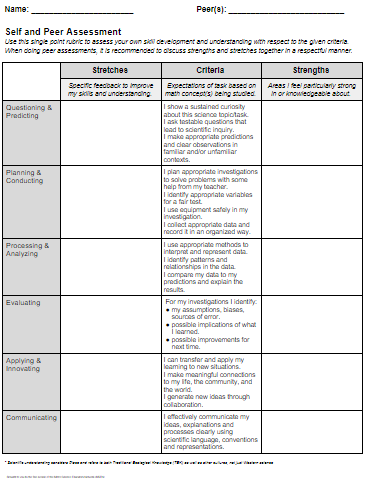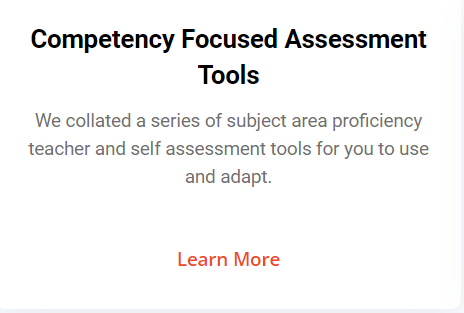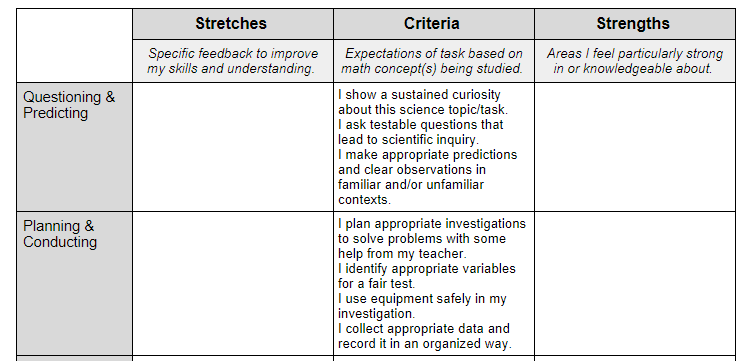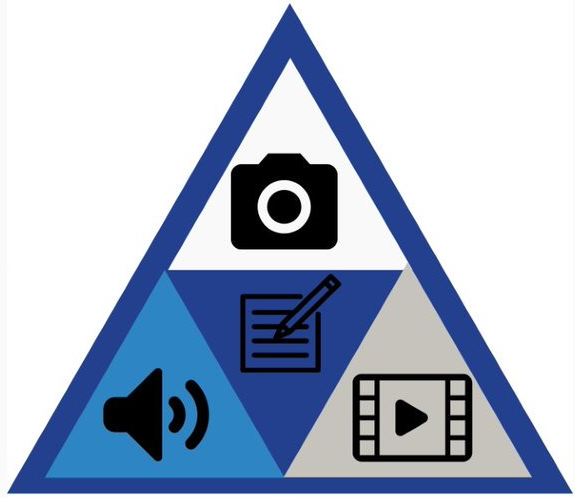Formative Assessment
Assessment is the systematic gathering of evidence of what students know, understand, and can do with their knowledge. Assessment should be formative, continuous, collaborative, and based on an agreed set of criteria in relation to the learning standards. Teacher assessment can help students redirect their efforts, improve proficiency, and establish learning goals. Assessment is most effective when it is:
 |
| 
|
|---|
All assessment practices should foster holistic development of the whole person by honouring and incorporating students’ cultures and encouraging self-determination, self-identity, and self-actualization. Culturally informed assessment practices allow students flexibility during assessments so that they can bring their own cultural identities and fluencies into demonstrations of learning. Including students in the assessment process and co-constructing assessment criteria alongside them provides an opportunity for students to incorporate their heritage and community cultural practices in any evidence of learning.
Featured Formative Assessment VideoJohn Spencer |
Formative Assessment Videos
|
|
|
|
Success Criteria and Triangulation of Assessment Articles
Assessment and Growth
Growth and assessment coincide together in a classroom. By providing success experiences, using criteria and standards, discussing growth over time and encouraging perseverance, we are able to use assessment as a tool to nourish growth and learning. As we reinforce that learning and growth, we understand that it is ongoing and we will face challenges and encounter mistakes. Our formative strategies will move our students toward their goals, success criteria and eventual proficiency.
"In a growth mindset, people believe that their most basic abilities can be developed through dedication and hard work—brains and talent are just the starting point. This view creates a love of learning and a resilience that is essential for great accomplishment.” (Dweck, 2015). Years of research have shown that mindset is malleable. This means that by helping students to develop a growth mindset, we can help them to learning more effective and efficient.
Featured Growth Mindset VideoCarol Dweck |
Assessment and Growth Videos
Growth Mindset Resources


